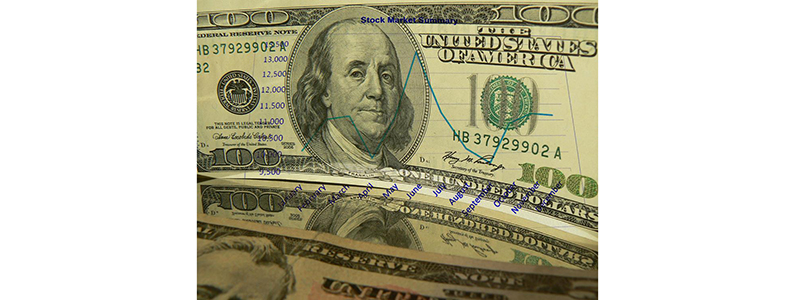In his best-selling and controversial book, Blink, Malcolm Gladwell argues that people’s first impressions often trump researched decisions. He opens the book with an exciting account of how a larger-than-life, noseless Greek statue known as the Getty kouros was bought by the J. Paul Getty Museum for $7 million. Naturally, the curators brought top-tier experts to examine the piece before they acquired it.
Though the museum purchased it based on the authentication of the professionals, a number of those who looked at it said they had had a strange feeling about it. On first glance, many felt the statue was a forgery. In fact, one well-respected Greek museum director commented, “Anyone who has ever seen a sculpture coming out of the ground could tell that that thing has never been in the ground.” Gladwell points out that the first reaction of the people who recognized the artwork as fake was better than the analysis of the people who studied, examined, and concluded the piece was genuine.
Though Gladwell’s theory has garnered a lot of support, many people have misunderstood him. They have presumed that he meant you should always make decisions based on your first impression. Yet that’s hardly the lesson. He purports that you can develop intuitive judgment, meaning the ability to make correct choices in the blink of an eye, by experience, training, and knowledge. Combine those three components and you will have the talent necessary to make money choices in a Gladwellian blink:
Knowledge
Developing an understanding of basic money management does not require a PhD, and you don’t need to dedicate years of your life to studying every aspect of corporate finance before you buy a stock. Likewise, just because you meet someone with a fancy title or a bunch of letters after his name, don’t presume he knows how to always pick a winner.
Training
Chess players who want to improve not only spend a lot of time playing and reviewing their games, but trying to solve chess puzzles. These brainteasers might entail figuring out how to checkmate your opponent in three moves, or they might involve calculating the steps to winning a game with only a bishop and knight. In investments, too, if you want to learn about stock trading, go to one of the many free online stock trading games. You get a mock account with faux-money and can buy and sell all day. This “paper trading” will give you a sense of how the motions work without your having to risk any real money.
Experience
There’s no substitute for attending the “School of Experience.” People often find that the switch from paper trading to actual trading, where real money is at stake, changes their whole approach. They might have been rather cavalier when trading virtually, and therefore they made a lot of paper profits. But with their hard-earned savings on the line, they find themselves unable to generate the same profits and often end up losing. There are two important lessons to take from this:
(1) It’s probably a bad idea to trade your own stock portfolio, even if you have practiced on online stock trading games, and
(2) If you’re going to try, start with a small amount of money that you can afford to lose.
Hone your decision-making skills by reading this.




